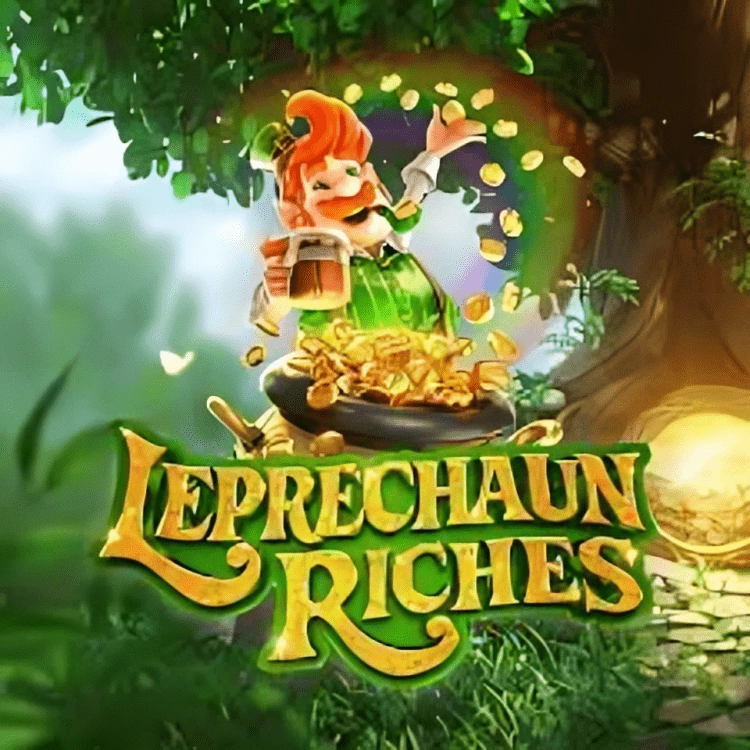Fighting PlayStation Games That Test Reflexes and Strategy
Fighting PlayStation games are some of the best games for players who enjoy precision, timing, and competitive skill. These titles emphasize combos, counters, and character mastery, providing experiences that reward practice, strategy, https://www.zapdumpsterscoloradosprings.com/wild-io-casino-review-and-free-chips-bonus/ and adaptability. From PSP handheld adaptations to full console franchises, PlayStation games have consistently excelled in the fighting genre.
Franchises like Tekken and Street Fighter define fighting excellence on PlayStation. Players must master attack combinations, learn defensive maneuvers, and adapt to opponents’ patterns. The combination of technical skill and strategic depth makes these PlayStation games highly engaging and among the best games for competitive players.
PSP fighting games, such as Dissidia Final Fantasy and Soulcalibur: Broken Destiny, brought portable action to handheld devices. These titles allowed players to engage in epic battles on the go, maintaining depth, balance, and character variety, proving that PlayStation games could deliver quality fighting experiences in portable formats.
Character progression and customization are key aspects of modern fighting PlayStation games. Players can unlock new characters, develop unique movesets, and refine strategies through practice. This progression ensures replayability and a sense of accomplishment, making fighting titles some of the best games for skill-focused players.
Multiplayer and online competition amplify engagement. Ranked matches, tournaments, and cooperative modes allow players to test their skills against friends or global opponents. PlayStation games optimize these modes to provide fair, balanced, and exhilarating competitive experiences that keep players invested.
Visual fidelity, sound design, and responsive controls are critical to fighting games. Fluid animations, impactful sound effects, and precise input detection enhance immersion and allow skill to be the deciding factor. PlayStation games consistently excel at delivering polished and intense combat experiences.
In conclusion, fighting PlayStation games combine skill, strategy, and competitive excitement to deliver unforgettable experiences. From PSP handheld battles to modern console tournaments, these titles exemplify the best games for players who thrive on precision, reflexes, and mastery of combat mechanics.




